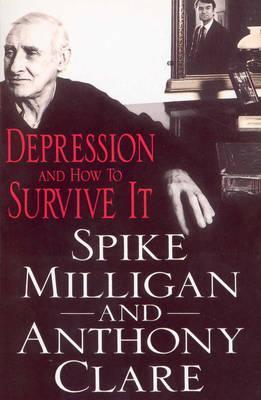What do you think?
Rate this book


218 pages, Paperback
Published February 3, 1994
Simon Wessely, points out that arguments over the status of ME most revealingly indicate how persistent is the idea that dubbing a condition 'psychiatric' is tantamount to declaring it a non-disease. (Page 94)
He's an extraordinarily sane person,' Michael Bentine is quoted as saying of his fellow-Goon, adding, 'It's nonsense he's a nut. A nut isn't a shrewd businessman, a nut can't write a television series, a nut can't take up issues and see them through, and anyone must be nutty who thinks he is.' (Page 60)